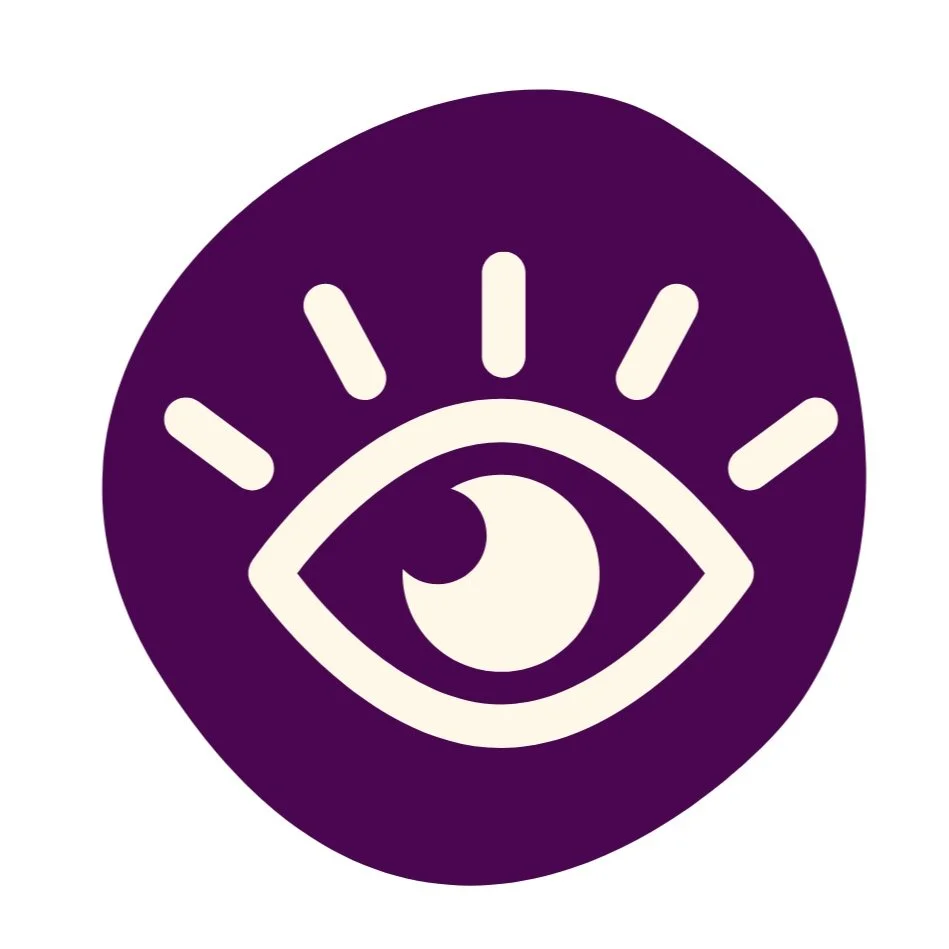Resources for teachers and care professionals
Spotting the Signs
Be alert to:
· Frequent absence or tardiness
· Academic drop-offs or missed homework
· Visibility of tiredness or neglect of self-care
· Withdrawal from school or social life
· Sudden changes in behaviour, appetite, mood
· Unwillingness to talk about home life
How You Can Help
· Create a Safe Space:
Let them know you’re here to listen without judgment
· Validate Their Role:
Acknowledge their responsibilities and worth
· Refer Them Early:
Use our referral forms (via professionals, schools, or self‑referral)
· Provide Consistent Encouragement:
Encourage engagement in programmes, educational support, and after-school opportunities
· Collaborate:
With school staff, health professionals, social services to build a wraparound support system
Why Support Matters
Early support can:
· Reduce school drop-out and improve engagement
· Improve mental health outcomes (lower anxiety, depression)
· Improve physical health and reduce long-term risks
· Increase emotional resilience, social confidence, and future aspirations
How to get involved
Options for Professionals:
1. Make a referral via our Make a Referral page
2. Encourage a parent or guardian to refer their child
3. Contact us directly if you're unsure whether a young person is suitable for the programme. We assess each case individually
4. Learn more about our outcomes and impact
All sessions are free and take place at our Youth Hub in the City of London.
Who do we support?
Young Carers
We support young carers aged 12- 16 years who care for a friend or family member who, due to illness, disability, a mental health problem or an addiction, may need support.
Young Patients
We support young patients aged 12- 16 years have a long term chronic health condition, such as a heart transplant, sickle cell, autoimmune diseases and other conditions.
FAQs for teachers and care professionals
-
No, but the individual must be well and confident enough to independently travel to programme activities.
-
The upper age limit is determined on a case-by-case basis. If accepted, the individual would start their program journey at Stage 2.
-
Yes, multiple family members are welcome to participate in the programme.
-
Yes, we can support young carers and young patients with SEND, however we are not SEND specialists and the young person will need good cognitive ability to take part in our sessions. We assess referrals on a case by case basis, so please get in touch if you have any further questions on this.
-
Yes, we can support young people with singular or multiple health conditions as long as they are well enough to take part in our sessions.
-
For additional questions, we invite you to look over our Make a Referral page. Alternatively, feel free to contact us for more information.




